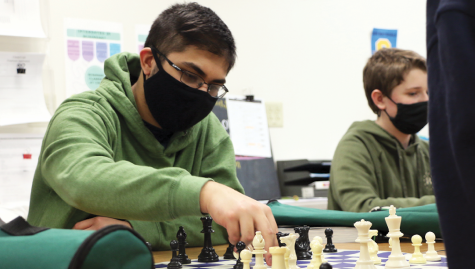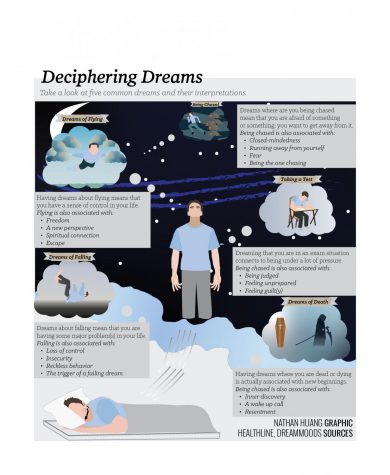It’s a Small World After All
Students, teachers share experiences on exposure to world languages, learning English as new language
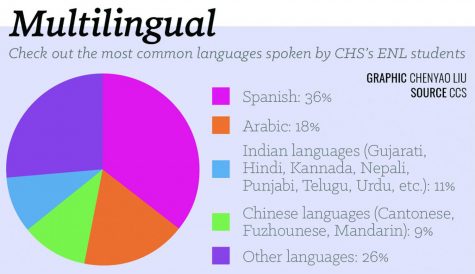
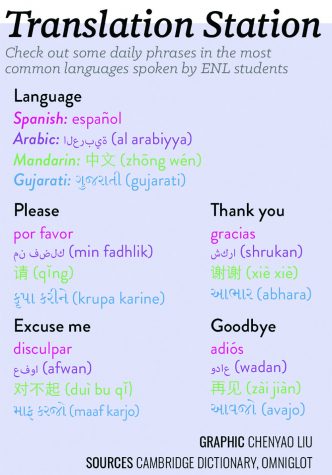
Before moving to the United States, Fernando Yáñez, Spanish teacher and native Spanish speaker, spoke mostly Spanish in his daily life.
“I am a Spanish native speaker so I grew up in a Spanish-speaking country, in Spain, learning Spanish and going to a school in Spanish,” Yáñez said. “In high school, I started taking some English courses like students do here in Carmel.”
Yáñez later moved to the United States and was exposed to English, a language that he did not have much experience with outside of school courses.
“After high school, I didn’t practice much (English) probably in the next 10 years until I moved to the U.S. When I moved to the U.S., I basically started living in English and working in English and speaking with everyone in English,” Yáñez said.
While he had his struggles with the language at first, Yáñez said that his high school knowledge helped greatly with his learning of English.
“I knew very little (English) and I understood very little. I just had the foundation of the high school courses, but thanks to that foundation and a lot of practice and a lot of watching television and talking with people, I was able to understand more and more each time and I would say it took me at least a good couple of years for me to become comfortable,” Yáñez said.
Some world language speakers, on the other hand, had little difficulties with their languages. Junior Pol Berger Romeu said he learned Spanish, Catalan, and English in his childhood and that he can speak all of those languages comfortably.
“Since I moved here early, I didn’t really struggle to learn (English). (My experience) was just like any other kid (that learns English by) just going outside and going to different places. They speak English so you pick up on it pretty quickly. I learned English just like the other languages I know,” Romeu said.
“I speak Spanish and Catalan everyday at home and when I go to Spain to visit my family, I speak it all the time. I’d say I’m pretty fluent in it. Speaking and hearing and understanding is pretty much the same as English,” Romeu said.

Sophomore Zishuo Wang poses with a sign that says “Hi! My name is Zishuo” in his first language, Chinese. Wang said, “When you speak a different language than English, it is kind of difficult because the environment of learning English is not there where I lived.”
Romeu said his background in Spanish and Catalan has also helped him pick up other related languages.
“At school, I’ve taken French. French is really similar to Catalan. Catalan is essentially a mixture of Spanish and French,” Romeu said. “When you already know a language like Spanish or Catalan, those syllables translate pretty well to a language like French. You can already pronounce things a bit better. Also, with a lot of French terms and stuff like that, they’re already, if not identical, extremely similar to a language like Catalan.”
While most students learn a language other than English at school, some students actually learn English at school. Sophomore Zishuo Wang moved to the United States from China when he was in preschool and learned English at school from kindergarten to fifth grade.
“I learned mainly from the school’s special programs. I think I learned mainly vocab during the program,” Wang said. “I guess school helped a lot with the environment of speaking English. At first, I spoke zero English and as I grow up, I have spoken it more and more.”
Yáñez, Romeu and Wang all said they agreed immersion and simply being surrounded by the language helped them greatly with learning English and other languages. Yáñez said that media was a particularly useful tool.
“I think TV and movies are extremely important and right now, there are many tools that I even use when learning English. Various things like Netflix and all of these streaming companies where you can pick many shows and many movies and you can watch in Spanish and subtitles in Spanish (helped me),” Yáñez said. “I think it helps a lot and it has been very helpful for me (to learn English).”
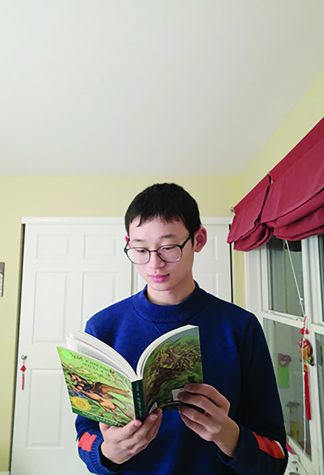
Sophomore Zishuo Wang reads a book in English. Wang said one way he improves his English is through reading.
Wang has also used more traditional resources to improve his English.
Wang said, “I’m definitely still working on improving my English skills. I learn vocab from reading textbooks and researching stuff.”
Yáñez said ultimately putting in effort was one of the most important things he did to improve his English.
Yáñez said, “Number one is going to be a bit stereotypical, but you have to put effort. You have to put a lot of effort in your pronunciation and understanding people. Consistency and of course talking. Sometimes I don’t care if I make a mistake; I keep talking with the person. I try to communicate and, in the long term, it’s for the best. I just talk and talk and talk and talk.”
Romeu said his exposure with so many languages has given him numerous opportunities and potential paths to explore in his future.
“For me, especially looking into my future, I have so many different possibilities with different languages. If I really wanted to, I could see myself moving to Europe after college or even before college,” Romeu said. “The real intangible benefit of speaking all these languages is really the opportunities it opens up, whether that’s for jobs or college opportunities.”

